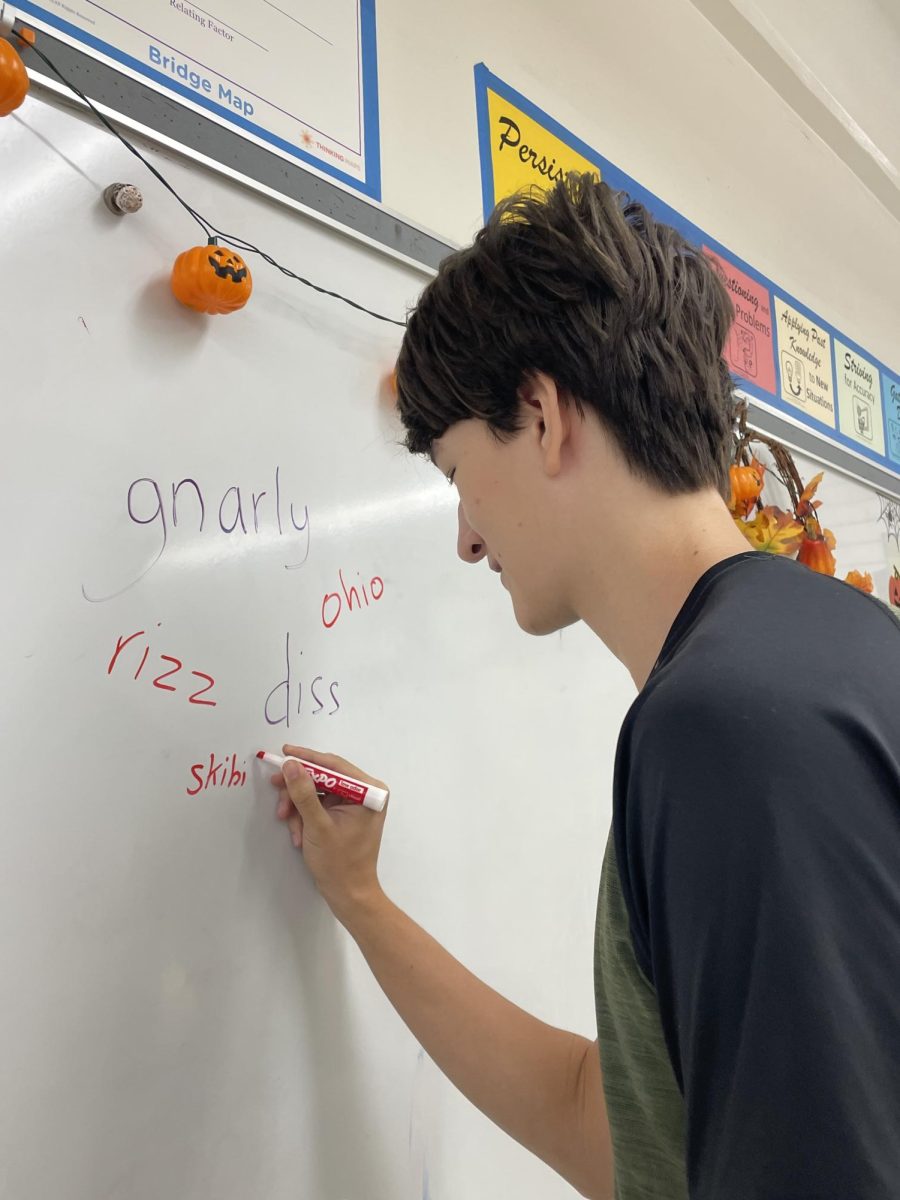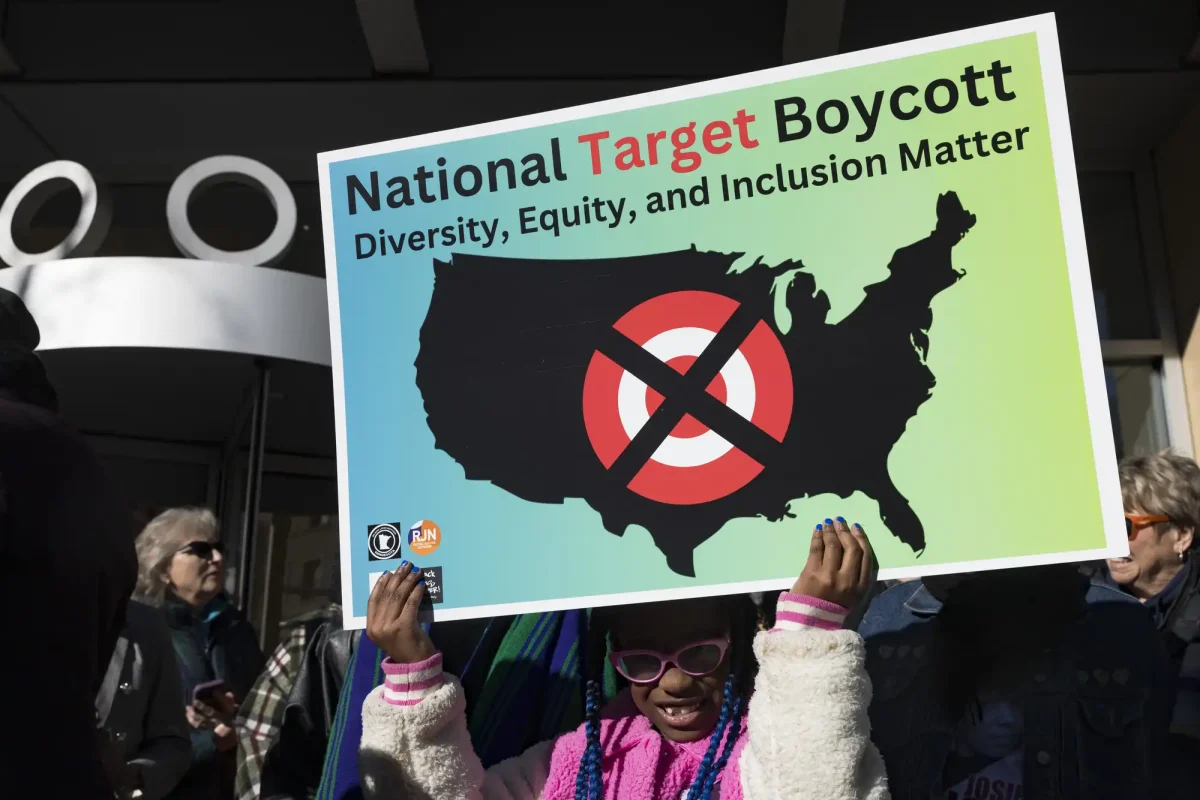Language is constantly evolving. Between generations, common words and slang terms are continuously developing and changing. Understanding these linguistic changes can lead to discoveries; however, we must first define what the term ‘generation’ refers to in this context.
The terms ‘Baby Boomer’, ‘Gen X’, ‘Millennial’, ‘Gen Z’, and ‘Gen Alpha’ are often used to describe people of different ages. It is important to denote that each of these generations is not a relative term, but actually a time period in which a group of people was born. For instance, ‘Gen Z’ refers to individuals born in the period between 1997 and 2012.
Some slang terms from Gen X include ‘gnarly’ (referring to a challenging wave to surf), and ‘diss’ (which is a shortened version of disrespect). Whereas Gen Z and Gen Alpha might use terms such as ‘sus’ (for suspicious) or ‘rizz’ (for charisma).
Although many of these terms seem to be abbreviated versions of longer words, it is not always the case. Often, slang terms can come into being because of misunderstood words or phrases. An example of this is the Gen Z slang word “ohio”, which is an adjective, meaning odd or strange. Since the word is being used with a different meaning, an outside observer might be confused as to why someone is being called a US state. The same can be said of other Gen Z terms such as “sigma”, which is originally a letter from the Greek alphabet.
Another birthplace of these slang terms is–unsurprisingly–pop culture. Whether from a TV show or a popular YouTube channel-words, places, and terms can become slang due to public popularity. A few examples of this are terms such as “skibidi” which most often means bad, and “fanum tax” which is what describes friends taking food from each other.
The English language is constantly growing because of these interesting colloquialisms. Whether they will last or not is anyone’s guess, but it is a captivating part of society today. What kind of slang terms were used one hundred, two hundred, or even thousands of years ago? Will today’s terms last for a long time, or will they cease to exist in the coming decades? Following the path of previous slang, the words may last a few generations, but with time, they will likely fade into obscurity. Language is constantly changing before our eyes, meaning that even everyday people like ourselves can change the fate of the American English dialect.




![A sticker reading “F[***] FASCISTS” displayed on a private property sign. This is one in a series of small, isolated acts of anonymous protest around Moanalua High School’s campus in response to recent political events. It has become a muse for students, met with both support and ridicule.](https://nahokunews.com/wp-content/uploads/2025/03/private-property-1200x673.png)



